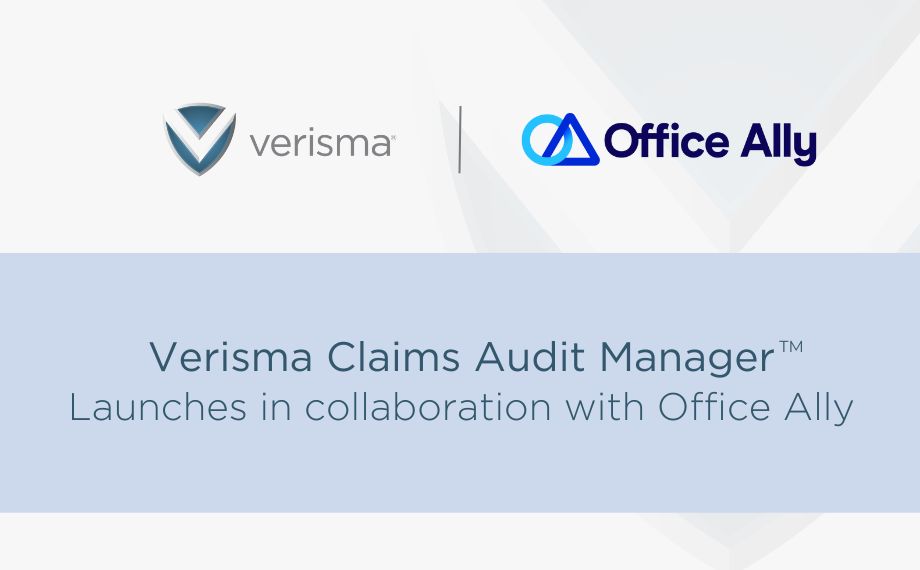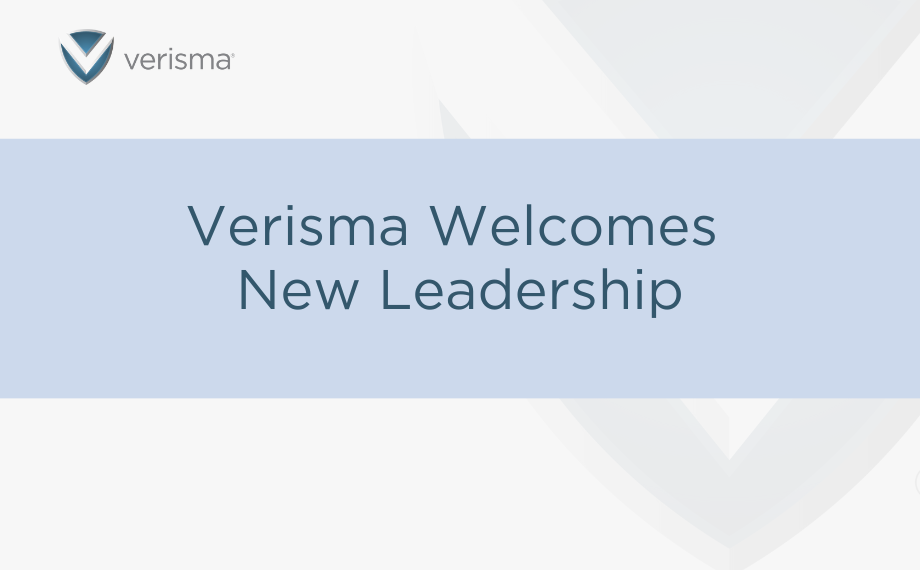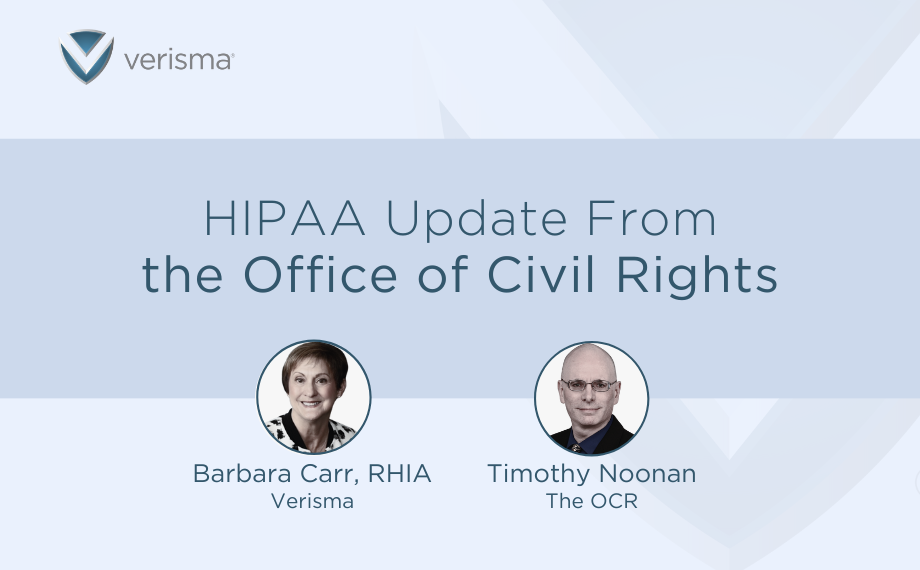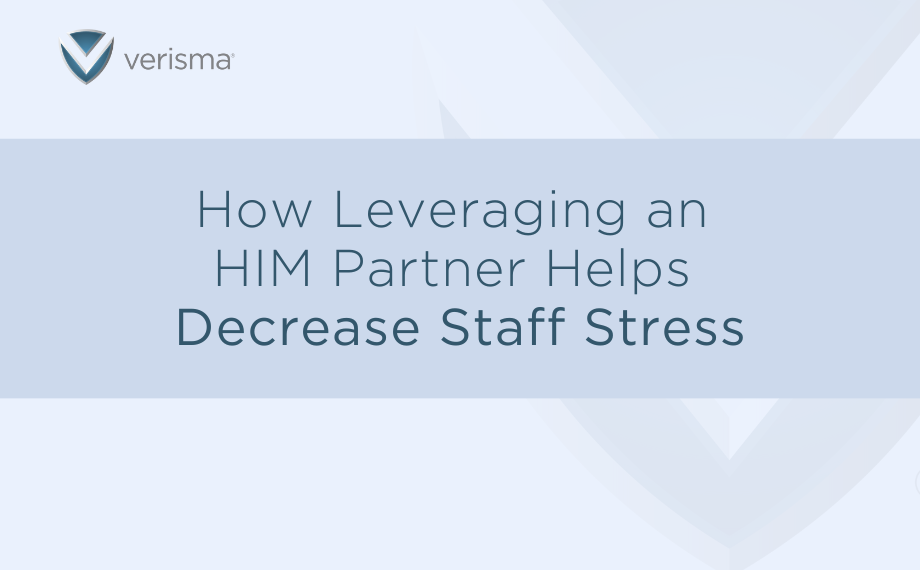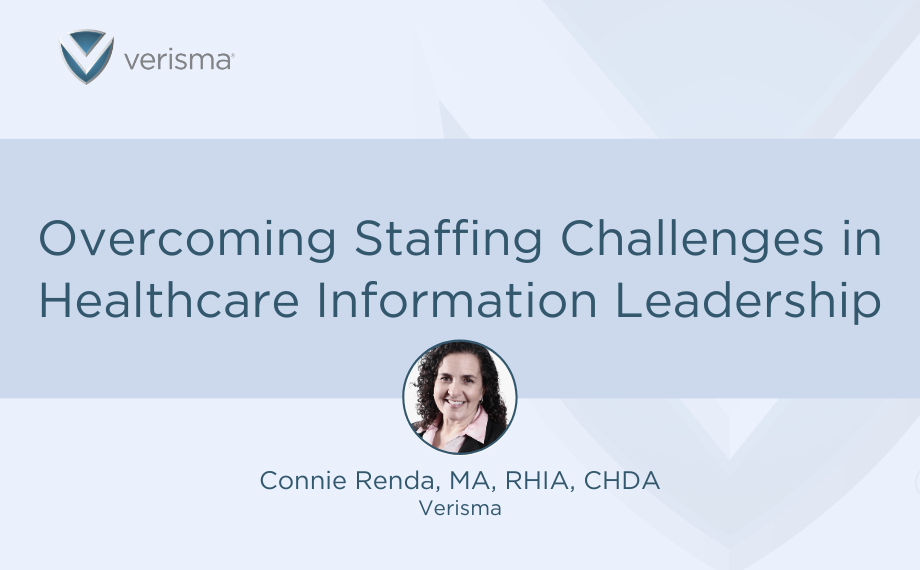
Overcoming Staffing Challenges in Healthcare Information Leadership
Challenges in HI Staffing
Understaffing
Understaffing is a perennial issue that plagues healthcare information management. The demand for skilled professionals often surpasses the available talent pool. A report from the Society for Human Resource Management (SHRM) notes that finding suitable candidates and retaining employees will be paramount for organizations in 2023. However, this search for top talent often collides with budget constraints, creating significant challenges, especially in an era marked by concerns over inflation. Many organizations find themselves handcuffed by hiring freezes or grappling with staff shortages due to employees on FMLA leave, compounding the problem further. The critical HIM duties cannot be deferred and require a dependable workforce, which isn’t always readily accessible when needed.
Skill Gaps
In the ever-evolving healthcare landscape, skill gaps are another major headache for healthcare information leaders. As Forbes aptly points out, the industry is grappling with substantial talent shortages as skill sets struggle to keep pace with rapidly advancing technology. This disconnect between the demands of modern healthcare and the available skill sets places additional pressure on organizations striving to maintain efficiency and compliance in their operations.
Fluctuating Workloads
Fluctuating workloads compound the woes of healthcare information leaders. The volume of work can oscillate dramatically, leading to unexpected spikes in demand that strain an already stretched workforce. Coping with these variations efficiently while maintaining a high standard of service becomes an ongoing challenge.
What Can We Do?
Develop a Flexible Workforce Strategy
Maintaining staff agility is one way to ensure operational continuity and peace of mind. My colleagues had many great ideas to achieve this from cross training to assigning multiple job roles. More experienced staff (or outsourced partners) are motivated by new learning experiences and can help address staff shortages, workload surges, and unique projects. In fact, this is such an effective strategy that Verisma launched a team dedicated for this purpose called Verisma bench.
Consider Efficiency Gains Through Outsourcing
In addition to ROI, many other administrative HIM tasks can frustrate staff who could be spending more time working at the top of their license. Outside partners can alleviate these burdens and improve efficiency, while eliminating the headaches of hiring and training. Verisma, for instance, can manage tasks like prior authorizations, purge projects, inbound document management, and referral management. so staff can focus on what matters most – patient care.
Leverage Technology-Enabled Strategic Partnerships
Strategic partnerships are more than supplemental staff. They’re relationships built on experience, consistency, time, and effort. Better yet, technology-enabled service companies do more than complete tasks – they build for the future. Working with a trusted company like Verisma to help with staffing challenges makes sense and allows you to share the burden of finding a qualified, reliable team to address talent shortages.

